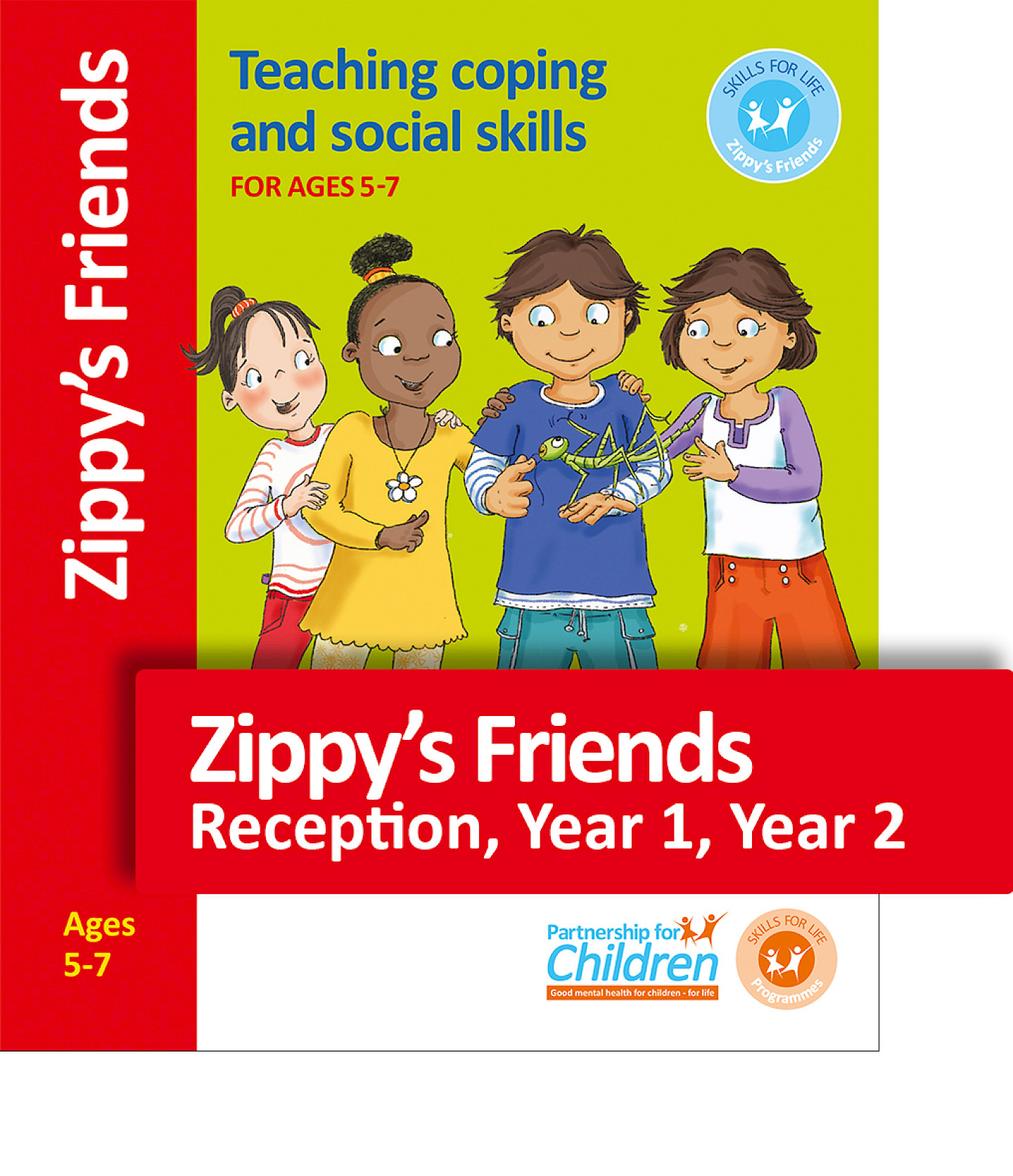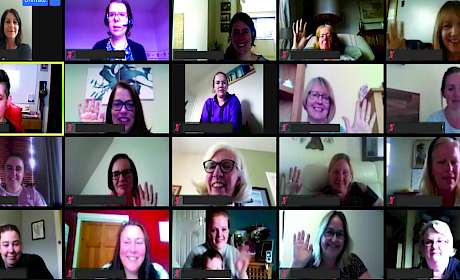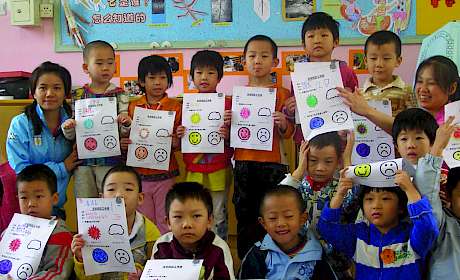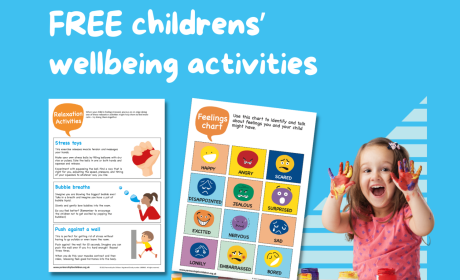Zippy's Friends for 5-7 year olds
Zippy’s Friends is based on the coping theory and has been evaluated and found to improve children’s coping skills, social skills, emotional literacy, improve the class climate and reduce bullying. Read about the evidence behind Zippy’s Friends and the impact the programme has had on children and teachers.
Zippy’s Friends is based around a series of stories and the programme has 24 sessions of 45 minutes. The activities and stories are suitable for children of all abilities. The Additional Activities Booklet can be used as a follow-on programme to run Zippy’s Friends for a second year or to reinforce and consolidate the learning of the programme. There are also Home Activities to reinforce learning at home with parents and carers.
The six modules cover:
- Feelings
- Communication
- Friendship
- Conflict
- Change and Loss
- Moving forward
Children develop their own positive strategies to deal with problems through engaging activities: listening to stories, discussion, games, role-play and drawing. Zippy’s Friends was revised and updated in 2022 based on teacher feedback to include new activities enabling schools to run the programme over two years. There are also updated story illustrations created by illustrator Lisa Williams to give the programme a fresh, new modern look.
Staff who would like to deliver the Zippy’s Friends programme need to complete an online training session and purchase a subscription to the Zippy’s Friends resources on the Skills for Life online teaching platform.
- Sign up to receive regular newsletters and receive exclusive access to sample sessions of Zippy’s Friends and our other Skills for Life programmes
- Train to run the Zippy’s Friends programme at your school
- Are you based outside the UK? Find out about our work with international partners here
Take a look at our other programmes:

Children are far more able to talk about their own feelings. Conflicts in the playground are fewer. They form friendships much easier and we have had lots of positive feedback from parents'.
UK Teacher

Online Training
Interactive training includes:
- Philosophy and theory behind each programme
- Programme concepts and implications for children’s wellbeing
- Structure and content of each programme and the materials used to deliver it
- How to use the programmes as part of a whole school approach to mental wellbeing

International Partners
The Skills for Life programmes run in a wide variety of countries and cultures across the globe. Our partner organisations range widely in size and character, from government departments and large NGOs to small voluntary agencies and academic institutions.
See whether your country is one of our Licensed Partners.

FREE Wellbeing Activities
These FREE wellbeing activities for schools, children and families are based on the Skills for Life programmes. The activities are designed to help children process feelings, communicate effectively, cope with their anxieties and difficulties and deal with change and loss. Activities can be downloaded and adapted for younger or older children and children with SEND.